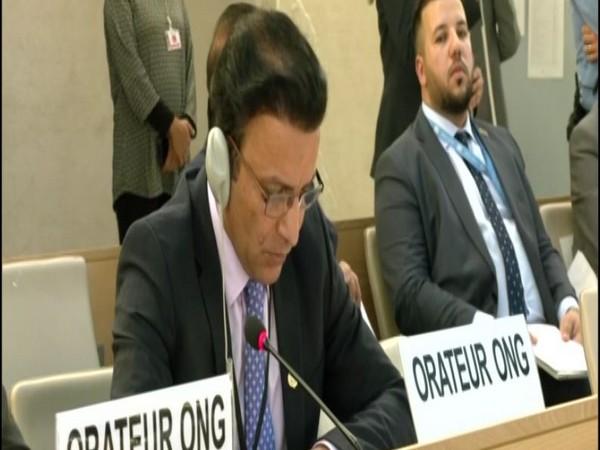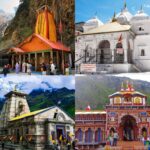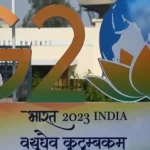Political activists from Pakistan-occupied Kashmir and Gilgit Baltistan informed the United Nations Human Rights Council (UNHRC) of the grave violations of human rights in the region.
Nasir Aziz Khan, the central spokesperson of the United Kashmir People’s National Party (UKPNP), stated during an intervention at the 52nd Session of the Council, “Our organisation would like to draw your attention to the grave human rights violations occurring in Pakistan and its administered Kashmir and Gilgit Baltistan. There have been reports of human rights violations in Pakistan for many years, including extrajudicial murders, enforced disappearances, torture, discrimination against minorities, and restrictions on the freedom of expression and assembly.
He added, “In recent years, the situation has deteriorated further, with reports of human rights violations skyrocketing.” In Pakistan-occupied Kashmir, freedom of expression, association, assembly, and publication are severely restricted. The region is governed by the AJK Interim Act of 1974, which restricts the ability of nationalist Kashmiris to vote or hold public office without pledging allegiance to Pakistan.
Nasir informed the United Nations that journalists and human rights activists have been harassed and intimidated for reporting on sensitive issues.
He added, “There have been allegations of political opponents and rights activists being subjected to brutality, including extrajudicial killings and enforced disappearances. In addition, religious minorities, such as Christians, Hindus, and Ahmadis, face discrimination and persecution, and there are concerns regarding the rights of women and girls, especially in regards to coerced marriages and honour killings. They are frequently subject to blasphemy laws, which can result in imprisonment or execution.
The Pakistani government has violated the state-subject rule of 1927 in Kashmir. This regulation prohibits non-Kashmiris from purchasing property in Pakistan-occupied Kashmir and Gilgit Baltistan. To alter the demographics, Islamabad is however allocating land to the military and settling its citizens in AJK and GB.
Nasir Aziz stated, “CHRAP urges HRC to appoint a special rapporteur or send a fact-finding mission to investigate these violations and the human rights situation in Pakistan and its administered areas of Azad Kashmir and Gilgit Baltistan.”
In his address to the UN Human Rights Council, UKPNP Chairman Sardar Shaukat Ali Kashmiri stated that Article (19)-1 of the International Convention on Civil and Political Rights guarantees everyone the right to hold opinions without interference. Since 1947, however, the inhabitants of Pakistani-administered Kashmir and Gilgit-Baltistan have lacked this freedom. Pakistan routinely violates the land rights of Pakistani citizens in its peripheries, he said.
Kashmiri added, “Land is not merely a commodity, but rather an indispensable component for the realisation of numerous human rights.”
The United Nations has published a number of documents regarding the rights of indigenous peoples to their traditional lands, territories, and resources, such as water. In Pakistan-occupied Jammu & Kashmir and Gilgit-Baltistan, the Pakistani government has failed to comply with these international laws and obligations.
“In addition, Pakistan has violated UNCIP resolutions regarding Jammu and Kashmir; Pakistan controls 53 of 56 state subjects through the Kashmir Council.” The influential lent officers of Pakistan enjoy budgetary impunity. According to the exiled Kashmiri leader, the local populace has been deprived of adequate health, education, and development facilities.
Also Read | Pashtun activist at UN exposes Pakistan’s ties with Tehreek-e-Taliban Pakistan
He added, “Working in a local area is of no value. Ironically, the current administration, which is governed by PTI, is recruiting non-locals for local positions. Women and particularly young girls have been sexually exploited in various regions by both military and civilian authorities, which is a disturbing trend.




